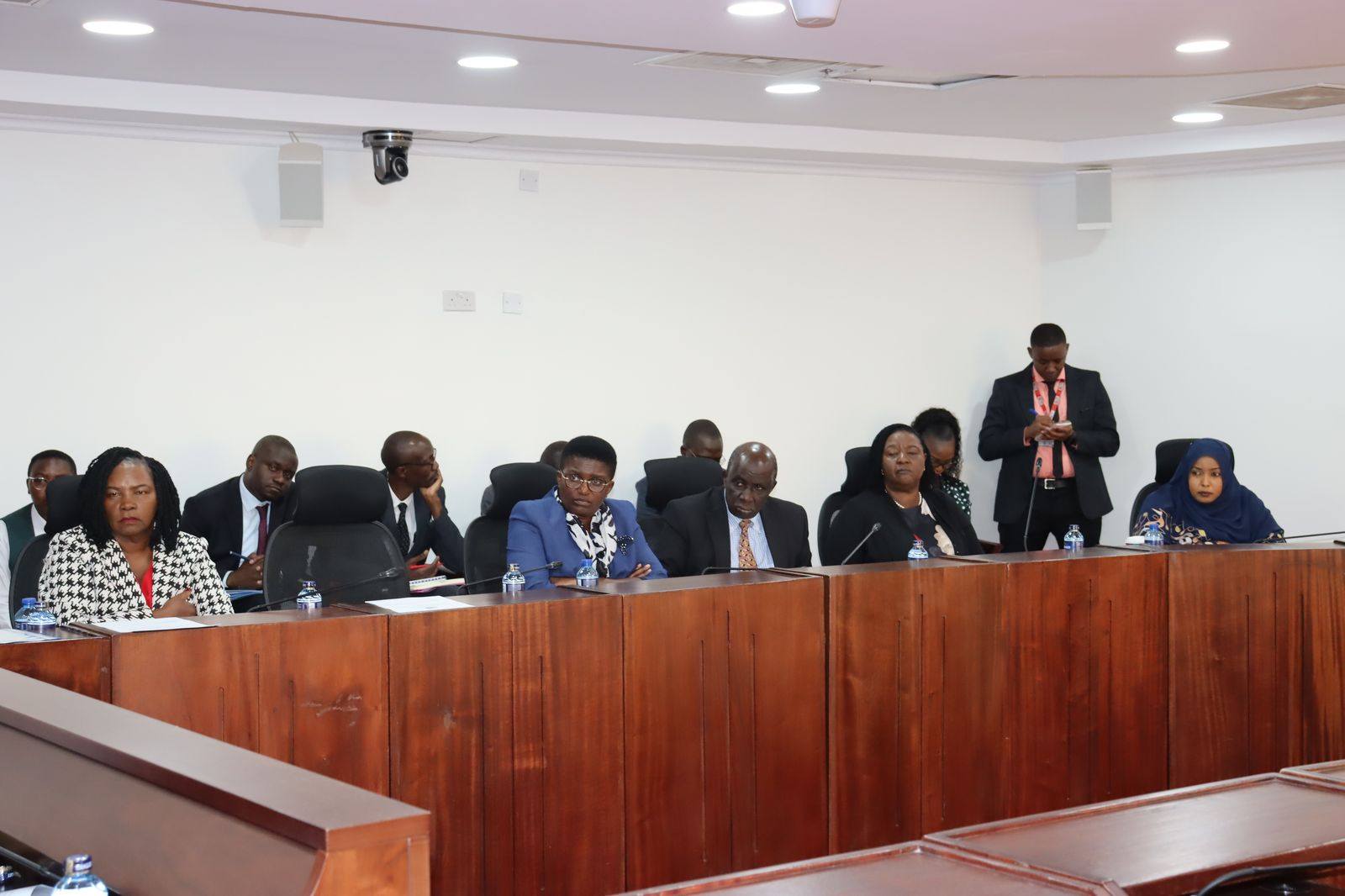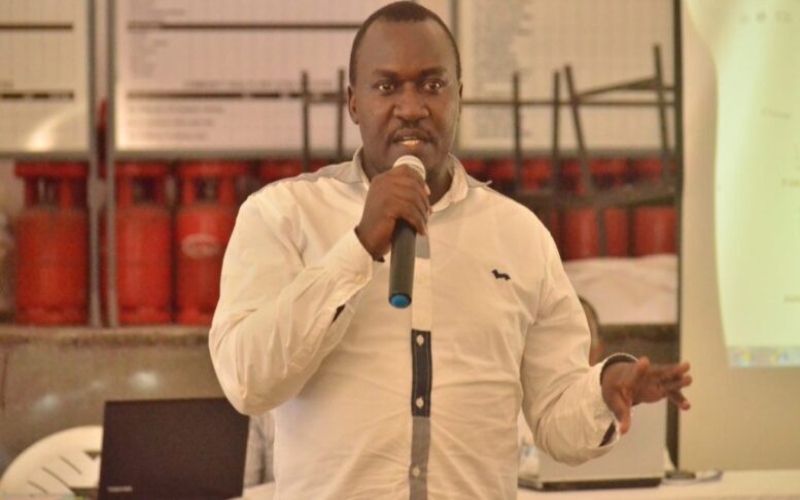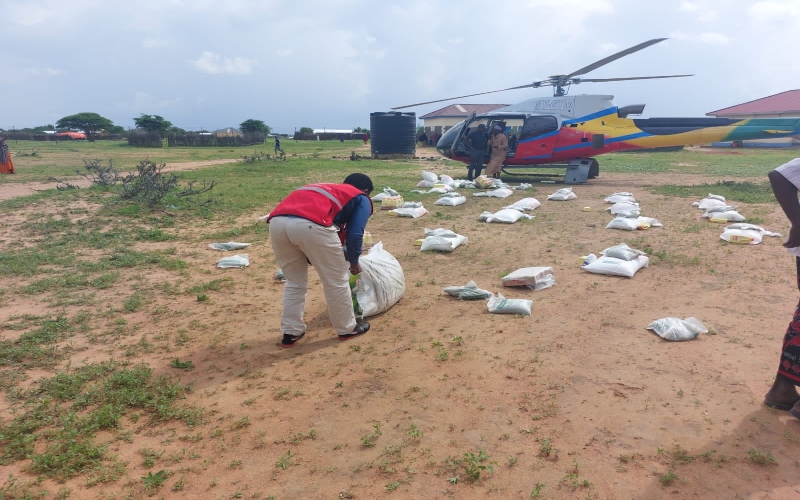MPs approve Bill creating monthly stipend for Kenyans hit by poverty, pandemics

Under the new framework, those affected by similar shocks will now be eligible for direct government support, backed by the national budget rather than contributory schemes.
The National Assembly has passed the Social Protection Bill, 2025, paving the way for increased cash transfers and broader support for Kenyans facing poverty, economic shocks and humanitarian crises.
The Bill seeks to expand the country’s social safety net to include individuals affected by extreme poverty, pandemics, droughts and other socio-economic shocks.
More To Read
- Government warns against fake ‘Inua Jamii Foundation Empowerment’ online scam
- Senate invites public views on Social Protection Bill, 2025
- New social protection Bill proposes stipends for Kenyans hit by job losses
- Government to conduct census of street families; foreigners to be deported
- Labour ministry says jobs recruitment still suspended, cautions against false reports
- New proposal seeks to extend Inua Jamii benefits to those aged 60 and above
The National Assembly on Wednesday passed the Social Protection Bill (National Assembly Bill No. 12 of 2025), with MPs across the political divide endorsing the legislation that promises a wider reach and improved safeguards for vulnerable citizens.
The Bill, introduced by Majority Leader Kimani Ichung’wah, proposes a monthly stipend for individuals who lose their jobs due to unforeseen events such as pandemics, environmental disasters or economic recessions. It marks a shift from the previously proposed Unemployment Insurance Fund, which was to be funded through contributions from both employers and employees.
“This Bill’s principal object is to reduce poverty and vulnerability and improve the well-being of people by providing assistance, services, and programmes that build human capital and cushion people against risks and contingencies throughout their cycles,” Ichung’wah said in the Bill’s explainer.
The move follows the aftermath of the Covid-19 pandemic, which led to nearly two million job losses in Kenya. Under the new framework, those affected by similar shocks will now be eligible for direct government support, backed by the national budget rather than contributory schemes.
The Social Protection Bill outlines the establishment of the National Board for Social Protection, tasked with vetting eligibility, disbursing funds, maintaining a national social protection registry and managing appeals for excluded individuals. It also proposes non-cash assistance, including rehabilitation, psychosocial support, respite care, home-based care and feeding programmes to promote overall well-being.
The board will work in collaboration with county governments, with defined roles in administering social protection programmes at the grassroots level.
Issues arising
MPs welcomed the bill but raised concerns over several issues.
Suna West MP Peter Masara was among several legislators who urged the government to review the stagnant Sh2,000 monthly stipend, noting that it has not kept pace with the rising cost of living.
“In Kenya today, the vulnerable in society are benefitting, but at the time the programme started, they were being given Sh2,000. For some time now, the dollar has been at Sh160, but these people are still being given Sh2,000,” Masara argued.
Endebess MP Robert Pukose lauded the Bill’s provision for a formal appeal mechanism, which he said would restore fairness and dignity for elderly citizens.
“You find that among those who are elderly, there’s somebody who is 70 who is getting the money and there’s somebody who is 75 who is not getting the money, and they have no way of appeal. This Bill creates an appeals mechanism…It also creates a board that will be disbursing those funds,” Pukose said.
Samburu East MP Jackson Lekumontare flagged concerns about corruption and degrading verification procedures faced by some beneficiaries.
“There’s a lot of corruption even in this fund, where people are being told to give something so that you can get your money. And the government should have another way of identifying these people if the fingerprint fails, because people who have never taken alcohol are told to go and take alcohol so that their fingerprint can work,” Lekumontare said.
North Imenti MP Rahim Dawood criticised the centralised distribution process, saying it sidelines rural communities.
“There’s no transparency in the number of people who are getting this money. And we need to know how to devolve this process. They cannot be told that a whole constituency comes to one place to collect the money,” Dawood said.
Nyatike MP Tom Odege pointed out inconsistencies in beneficiary registration and urged for automatic enrollment for those who qualify.
“If you are in your constituency today, you’ll find people who are over 70 and are not benefitting, and they are questioning why their neighbours are benefitting and they are not listed. If we come up with a very clear criterion where when you attain a certain age and you are vulnerable, you are automatically listed. It will bring equity and fairness,” Odege said.
Kwanza MP Ferdinand Wanyonyi called for stringent measures to curb graft within the programme.
“From my own observation, this money that has been given to cash transfers is part of corruption in this country. Money is not being transferred properly. That money sometimes never reaches the people it’s supposed to reach,” Wanyonyi added.
The Bill affirms that it does not limit any constitutional rights and is not a money Bill under Article 114 of the Constitution. However, it acknowledges potential additional public expenditure and provides that the framework will involve county governments in delivering social protection.
Kenya’s current allocation to social protection stands at Sh31.3 billion for the financial year ending June. If enacted into law, it is expected to significantly expand that support, offering relief to thousands grappling with poverty, unemployment and socio-economic distress.
Top Stories Today










































